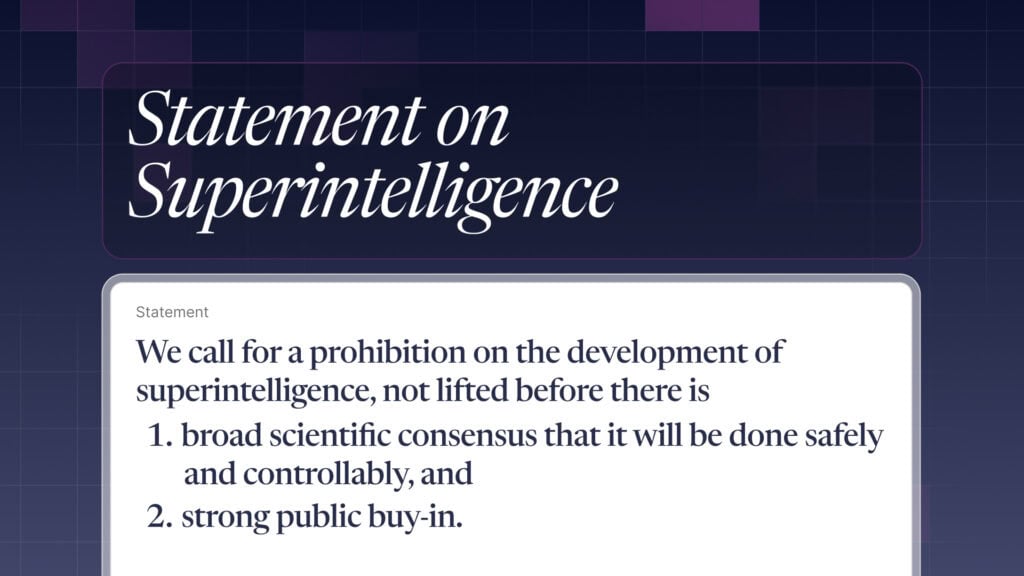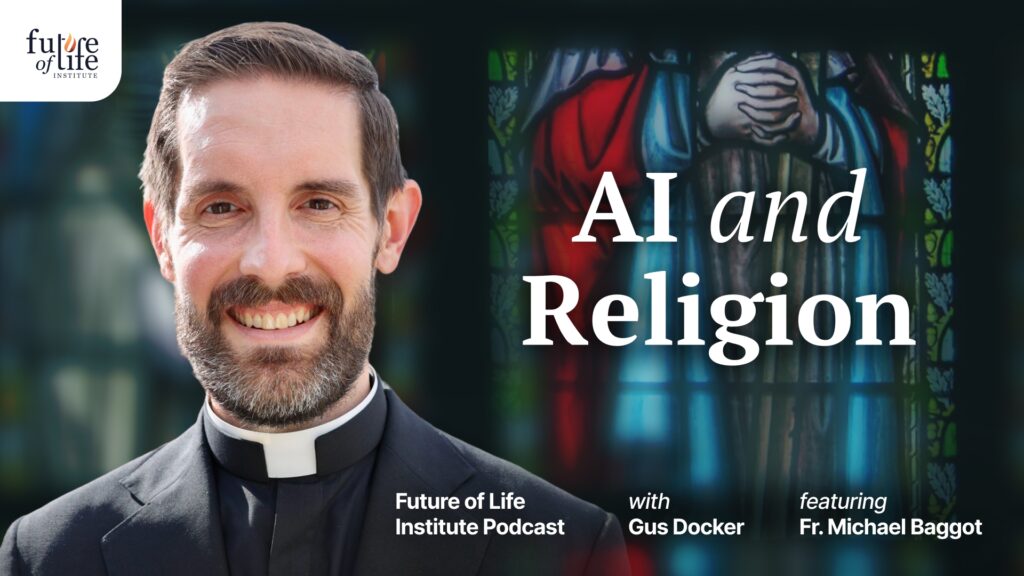A Hindu Perspective on AI Risks and Opportunities
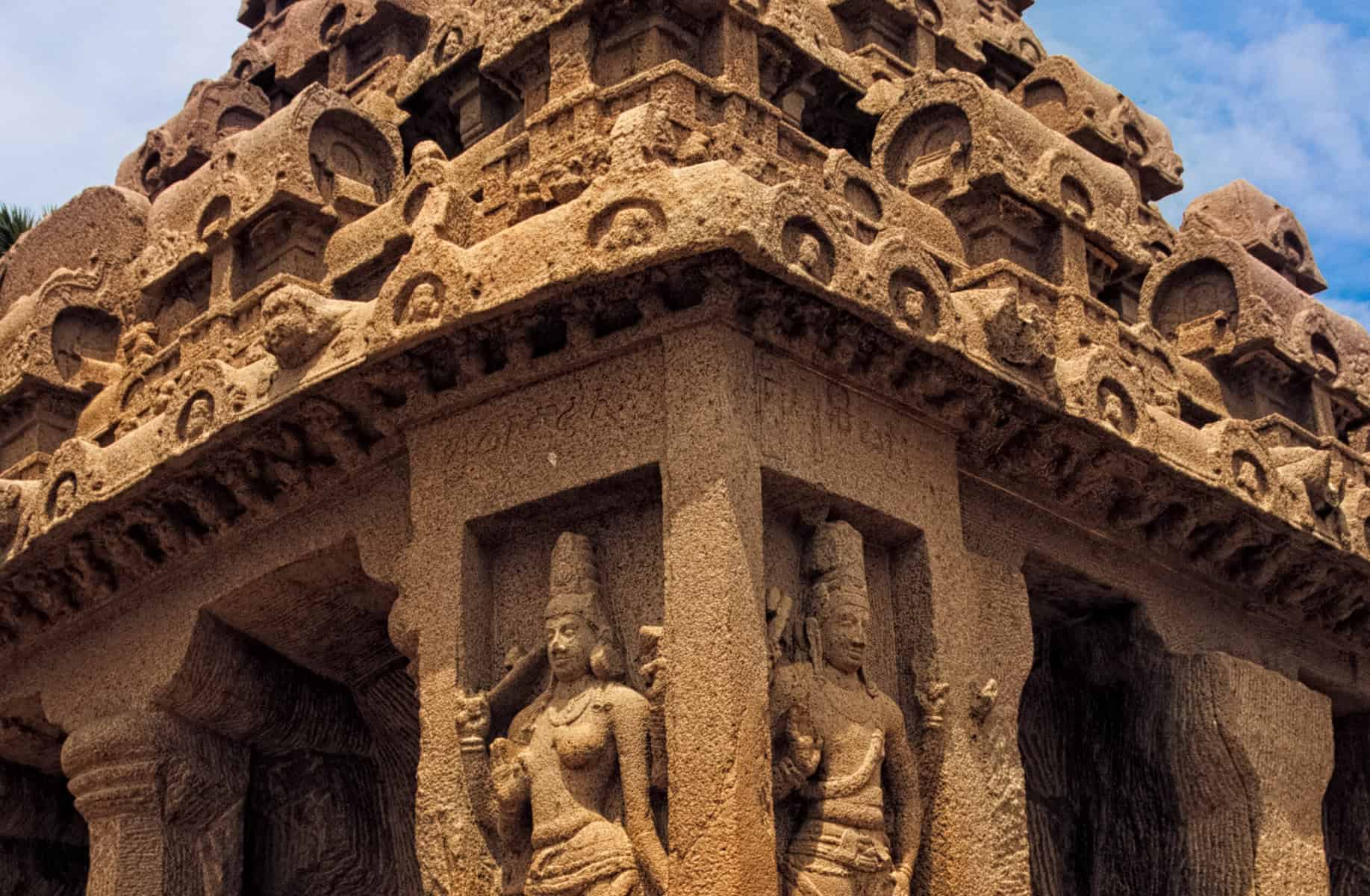
Dr. Chinmay Pandya (MBBS, PGDipl, MRCPsych-London) is a leading figure in the All World Gayatri Pariwar, founded by his grandfather, which now has 100 million members and thousands of centers around the world. Formerly a psychiatrist in the United Kingdom, Dr. Pandya is now Pro Vice Chancellor of the Dev Sanskriti Vishwavidyalaya University (DSVV) in northern India.
In the ever-evolving landscape of technology, artificial intelligence (AI) stands as both a beacon of innovation and a source of concern. From the perspective of Hindu philosophy, which emphasizes harmony (samatva), balance (santulan), and interconnectedness (sahcharya), the future with AI holds immense potential for positive transformation. However, it also presents unique challenges and risks that must be carefully navigated. In Hinduism, the concept of dharma, or righteous duty, guides individuals towards actions that uphold the greater good and foster harmony within society and the cosmos. From this perspective, a positive future with AI entails leveraging its capabilities to enhance human welfare, promote sustainability, and advance spiritual evolution.
One of the most promising aspects of AI is its capacity to revolutionize various sectors, including healthcare, agriculture, education, and environmental conservation. Through AI-driven innovations, such as predictive analytics in healthcare, precision agriculture, personalized learning platforms, and climate modeling, humanity can address pressing challenges more effectively. This aligns with the Hindu principle of seva, or selfless service, wherein individuals work for the welfare of all beings. Furthermore, AI has the potential to foster interconnectedness and global unity by transcending barriers of language, culture, and geography. Platforms powered by AI, can facilitate cross-cultural communication and understanding, promoting the Hindu ideals of vasudhaiva kutumbakam (the world is one family) and sarva dharma samabhava (equal respect for all faiths).
Despite its potential benefits, AI also poses significant risks and challenges, particularly from a Hindu standpoint. One prominent concern is the erosion of human autonomy and the loss of control over decision-making processes. That erosion is already forecast in the plans for an AI-controlled city in Abu Dhabi. In Hinduism, the concept of free will (purushartha) is central to the notion of spiritual growth and karmic responsibility. Therefore, any AI systems that undermine human agency could pose a threat to the fundamental principles of dharma and moksha (liberation). We have a saying in Sanskrit: उद्देश्यपूर्ण जीवन हो तो वो उत्सव कहलाता ह. This means that life becomes a celebration if there is a purpose in it. Otherwise we are dragging it along with no idea where we are taking it. What we are witnessing these days, with the emergence of the AI, is that we are being robbed of our purpose. For the first time in the history of this planet there is a revolution and we are not part of it – this revolution of a totally automated world which is being steered by AI. Human beings are slowly becoming irrelevant. My biggest worry is that everything will be controlled by the algorithms drafted by the AI. Suddenly we would have a plethora of disillusioned people with absolutely no clue if their existence is going to make any difference.
Additionally, AI-driven algorithms may perpetuate biases and discrimination, leading to social injustice and inequality. For instance, if AI-powered hiring tools favor certain demographics over others, it could exacerbate existing disparities in employment opportunities, contradicting the Hindu ideal of social equity (samta) and dharma-based governance. Moreover, there are concerns about the ethical implications of AI, particularly in the context of privacy, surveillance, and data security. In Hinduism, the concept of aparigraha (non-possessiveness) emphasizes the importance of respecting individuals’ privacy and autonomy. Any misuse of AI technologies that infringes upon these principles is antithetical to Hindu values.
Perspectives of Traditional Religions on Positive AI Futures
An introduction to our work to support the perspectives of traditional religions on human futures with AI.
To address these risks and move towards a positive vision of the future with AI, we not only need ethical frameworks and a human-centric design. We also need truly interdisciplinary collaboration. The future with AI holds immense potential for positive transformation, guided by the principles of harmony, compassion, and spiritual evolution inherent in Hindu philosophy. However, to realize this vision, it is imperative to address the associated risks and challenges, including but not limited to those mentioned above. By embracing ethical frameworks, prioritizing human values, fostering education and awareness, promoting interdisciplinary collaboration, and empowering individuals, we can navigate the complexities of AI and move towards a future that upholds the ideals of dharma, unity, and holistic well-being. In 1987, Pandit Shriram Sharma Acharya ji, a prolific scholar of modern India and found of Gayatri Pariwar, offered some reassurance about current times that are still relevant today. He said that while the current circumstances look dark and gloomy, they should not bring fear or despair to us. Rather, we should embrace them as a call to action. They are a sign that we are born at a time when entire mankind is called to accomplish a completely new level of collaboration between different nations, races, religions, sectors and societies. For the first time in history, all the people of the world are called to work together as a single human family. AI, knowingly or unknowingly, has given us such an opportunity.
About the Future of Life Institute
The Future of Life Institute (FLI) is a global think tank with a team of 20+ full-time staff operating across the US and Europe. FLI has been working to steer the development of transformative technologies towards benefitting life and away from extreme large-scale risks since its founding in 2014. Find out more about our mission or explore our work.
Related content
Other posts about Guest post, Philosophy, Religion
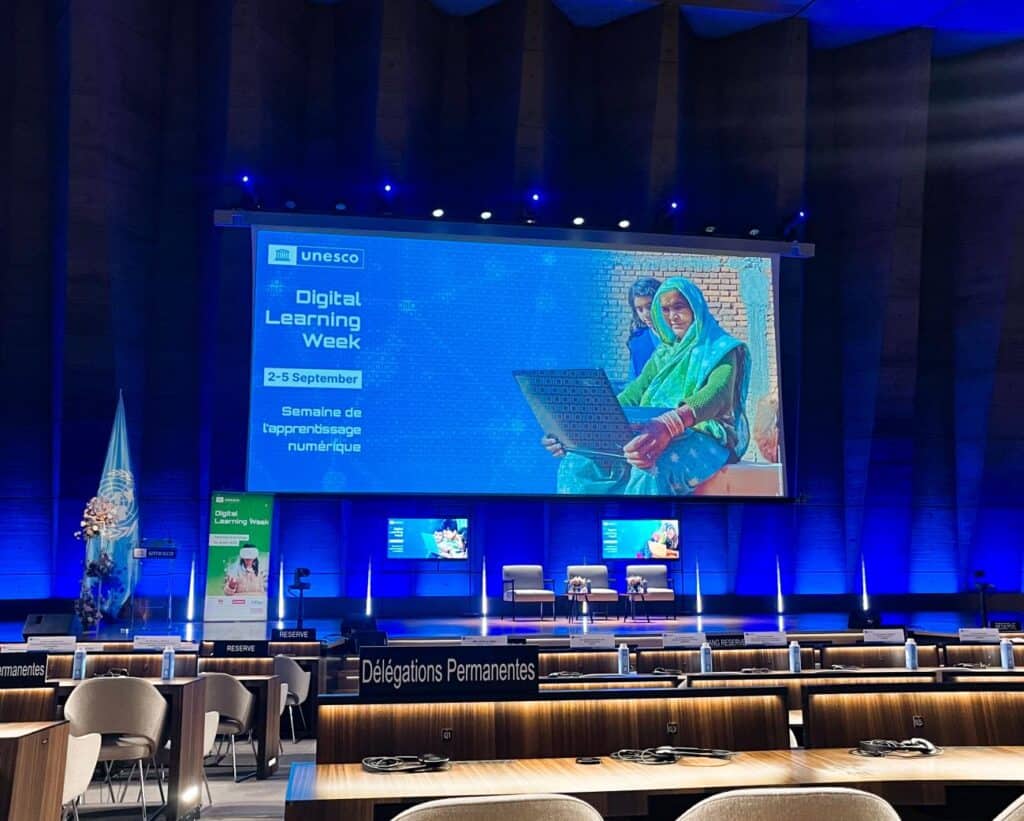
The Impact of AI in Education: Navigating the Imminent Future
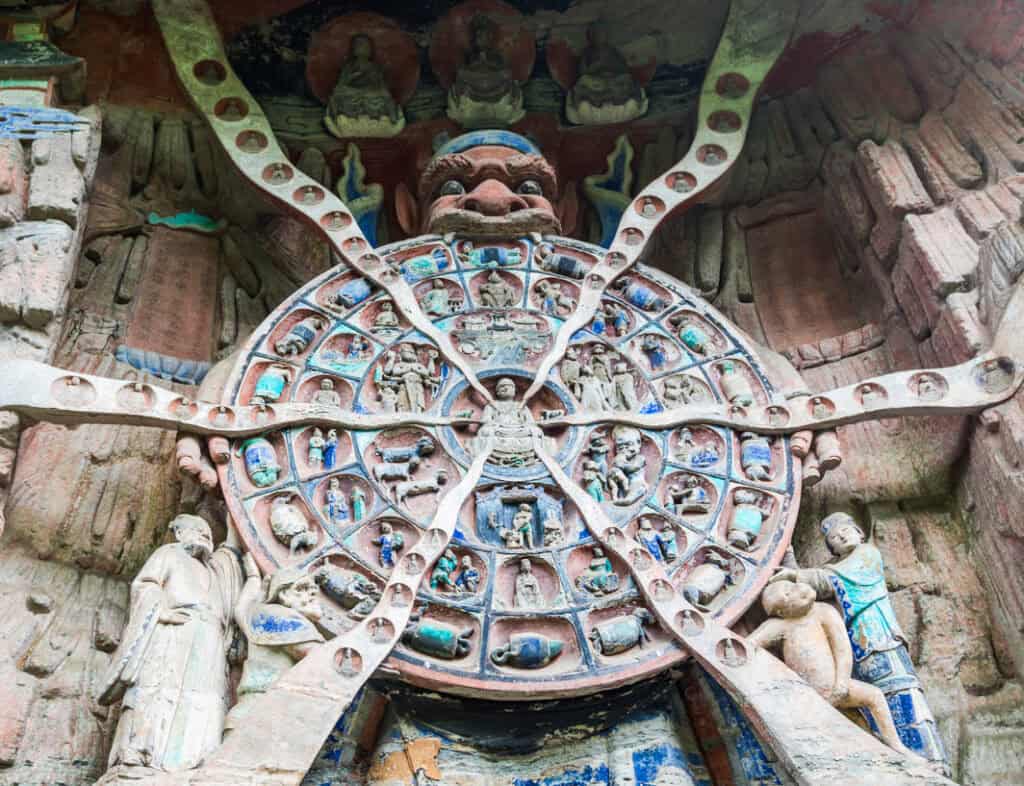
A Buddhist Perspective on AI: Cultivating freedom of attention and true diversity in an AI future
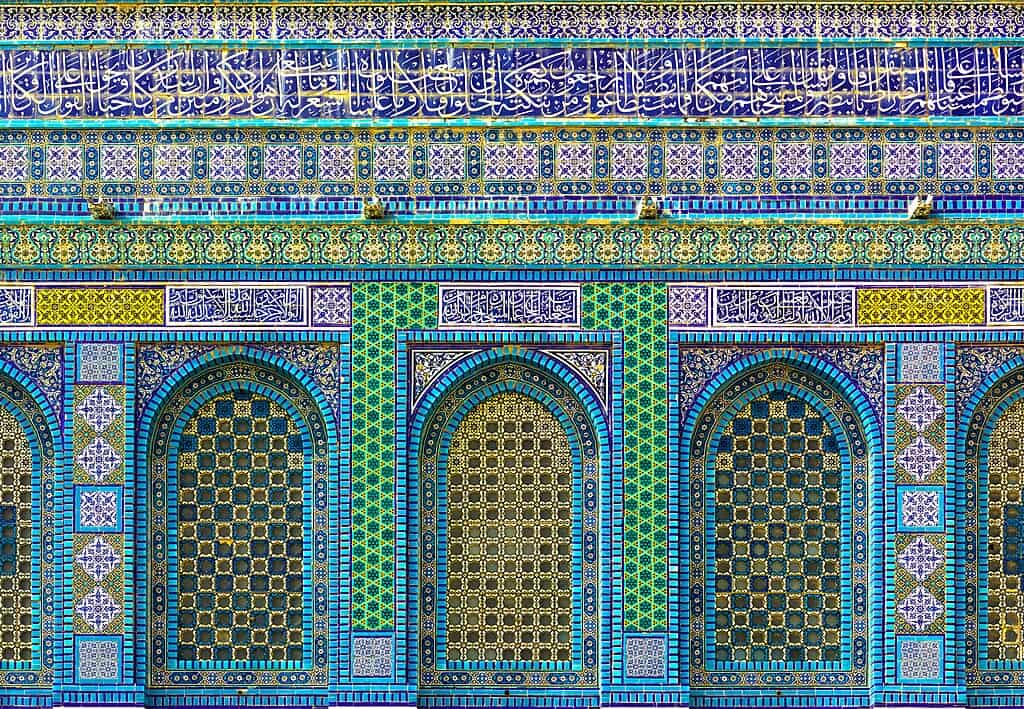
The Future and the Artificial: An Islamic Perspective
Some of our Futures projects
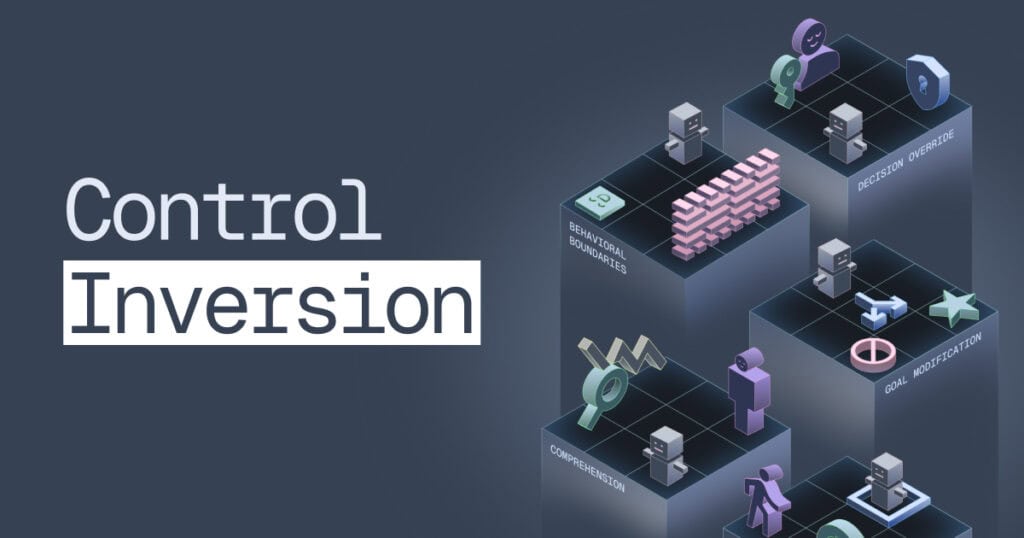
Control Inversion
